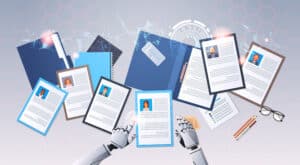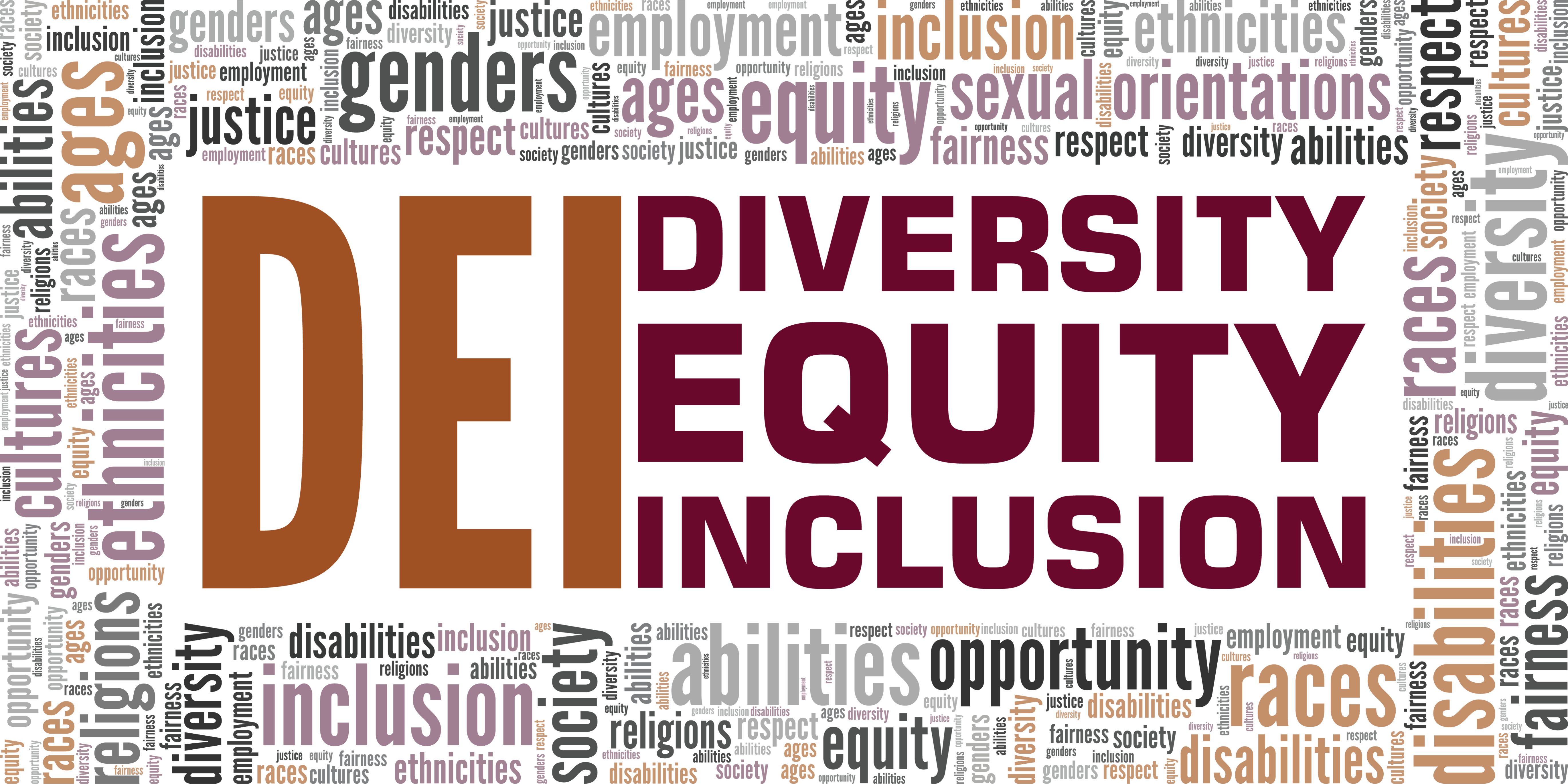Using artificial intelligence (AI) for hiring can increase productivity and efficiency in the workplace. However, without proper implementation and maintenance, there is a risk that the use of these tools may result in an employer’s violation of federal and state anti-discrimination laws. This article discusses these risks and best practices to remain in compliance with relevant law.
Which Employment Laws Apply?
Title VII of the Civil Rights Act of 1964 (Title VII) is a federal law that prevents discrimination in the workplace based on an individual’s membership in a protected class. Protected classes include, but are not limited to, race, color, religion, sex, gender, or national origin. A possible Title VII violation using AI for hiring may include screening out applicants, intentionally or unintentionally, based on an applicant’s membership in a protected class. For example, if AI is set to screen candidates based on past successful candidates, in a job where women are underrepresented, qualified applicants may not be considered based on their membership in a protected class. Employers must be aware of discriminatory selection pr ocedures in AI tools, even those that may occur unintentionally.
ocedures in AI tools, even those that may occur unintentionally.
The Americans with Disabilities Act (ADA) prohibits discrimination based on disability. The ADA requires an employer to provide reasonable accommodations to employees, even during the interview process. AI may not account for a candidate’s ability to do a job or complete an application with a reasonable accommodation during the hiring phase. Employers must ensure AI tools aren’t hindering qualified candidates or making unlawful decisions based on medical or disability-related information.
The Age Discrimination in Employment Act of 1967 (ADEA) protects certain applicants 40 years of age and older from discrimination based on age, including during the hiring process. The use of AI to screen out applicants based on their age would violate the ADEA. In 2022, the EEOC settled a suit against a tutoring company that used AI to screen out women aged 55 or older and men aged 60 or older. Employers should be sure that AI is not soliciting, inferring, or projecting applicants’ ages to prevent unlawful conduct.
Are Your AI Tools Compliant?
Employers are responsible for the impact of their own AI tools on hiring and for any impact caused by any third party’s or software vendor partner’s use of AI in the hiring process if that organization is authorized to act on your behalf.
To prevent discrimination in hiring resulting from AI, employers should consider the following:
- Consistently monitor your use of AI to ensure it does not adversely impact individuals of a protected class. Check whether using an AI procedure causes a selection rate for individuals in a group that is substantially less than the selection rate for individuals in another group.
- Choose a different tool with a lower risk of discrimination. An advantage of artificial decision-making tools is that they are often capable of producing alternative algorithms that are less discriminatory. If you discover that an AI tool is not the best fit for your business, you should consider making adjustments. Failure to adopt a less biased algorithm may result in liability.
- Ask questions. You don’t need to accept a software vendor’s out-of-the-box solution that doesn’t accommodate your organization’s needs. When integrating AI into your hiring, inquire about the ability to account for reasonable accommodations, measures to avoid discrimination, and algorithms to ensure your organization fairly and lawfully considers any and all qualified and diverse candidates.
- Challenge the technology. Does your company genuinely benefit from AI, or does it open your company up to greater risk without reward? Determine your goals and challenge whether AI can help you achieve those goals.

If you decide AI hiring tools are right for your business or you’re already using them, ensure responsible implementation and monitor technology with policies, procedures, and due diligence.
If you’re unsure about AI in your hiring practices, an experienced AI or Employment Law attorney can help you determine how to employ this technology based on applicable federal and state laws while also prioritizing your company’s needs, goals, and opportunities.
Reprinted with permission from the Fall 2023 Edition of Network Magazine © 2023 All rights reserved. Further duplication without permission is prohibited.









